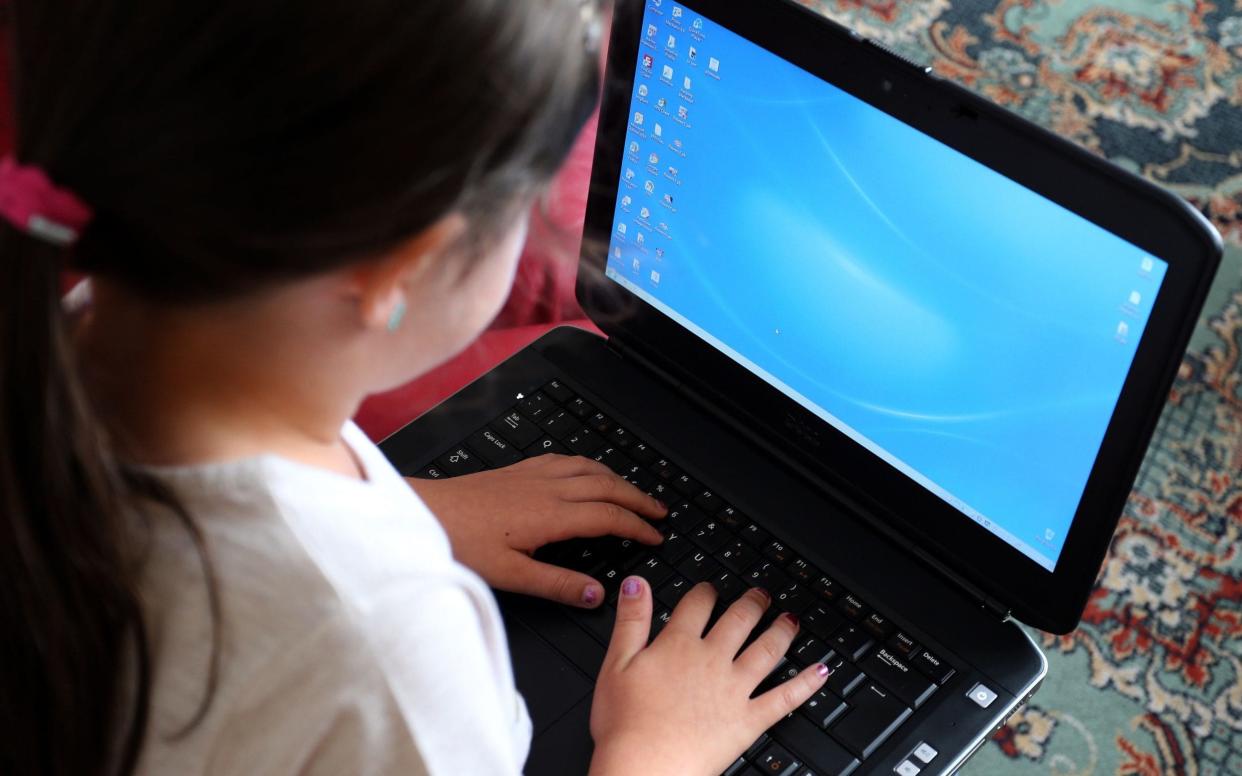Videos games can reduce violence as well as cause it, researchers say as they launch pilot in schools

Video games are to be introduced into UK schools as they can help reduce violence in young people, researchers have found.
Online gaming can often promote violence and crime but now researchers at Huddersfield University believe the opposite can also be true.
In an effort to reduce domestic violence the new game is to be rolled out in schools across the UK, allowing students to take part in “prosocial” narratives where they will follow storylines involving relationships, social media and physical abuse.
“The research is clear: when children play aggressive computer games they behave more violently; but when they play more socially conscientious games their behaviour correspondingly improves”, wrote the academics in a report on the pilot scheme.
The game will be introduced into UK schools in early 2020, to be played by children aged 14-18. It will teach children about how coercive relationships begin, and the negative impact that social media can have.
It has five 20-minute segments, which will be played on consecutive days through a school week. There will be no charge for schools taking it on.

“In the UK game the game is based in a college and starts with a relationship where the boy is 17-18 the girl is 16-17”, said Dr Gill Kirkup, a researcher on the team.
“They quickly fall in love and everything seems fine.
“What we do over a number of chapters in the game we begin to show some of the subtleties and the grooming process in which coercion, manipulation and control begins to happen. There is some physical abuse.
“We allow young people to become the main characters, it’s very interactive, they make decisions within the game which have consequences.”
The game is designed to reflect the life of teens as accurately as possible, with social media heavily influencing the narrative.
“We use social media within the game to show a more sinister side to Facebook and Snapchat, however wonderful they are, which allows people to shame, to blame, to use as a surveillance tool”, said Dr Kirkup.
None in Three, the research centre running the project at the university, was awarded €400,000 (£356,000) by the EU for a pilot project in Barbados and Grenada. The game followed a 10-year-old boy called Jesse who lived with his mother and her abusive boyfriend.
The research is clear: when children play aggressive computer games they behave more violently
Huddersfield University research group
The project has since received £4.5 million from the Global Challenges Research Fund, a UK government-backed scheme to find innovative solutions to problems in developing countries.
This money will fund games for China, Uganda, Pakistan and Jamaica, as well as computer equipment for children in schools to play the game on. Each country has a different game tailored to particular problems in their country, with topics such as child marriage, female genital mutilation and abusive relationships covered.
The development of the UK version was paid with a £300,000 grant from the university’s research fund.
However, some people criticised the use of the government funding. James Price, Campaign Manager at the TaxPayers’ Alliance, said: “Brits are incredibly generous with their money, and give more to charities than almost any other people in the world.
“But they are also aware that the aid budget is out of control and that taxpayers’ cash is being shovelled out the door on questionable projects.
“The British state should not be spending money on designing educational video games of questionable usefulness when we are still borrowing tens of billions every year.”

